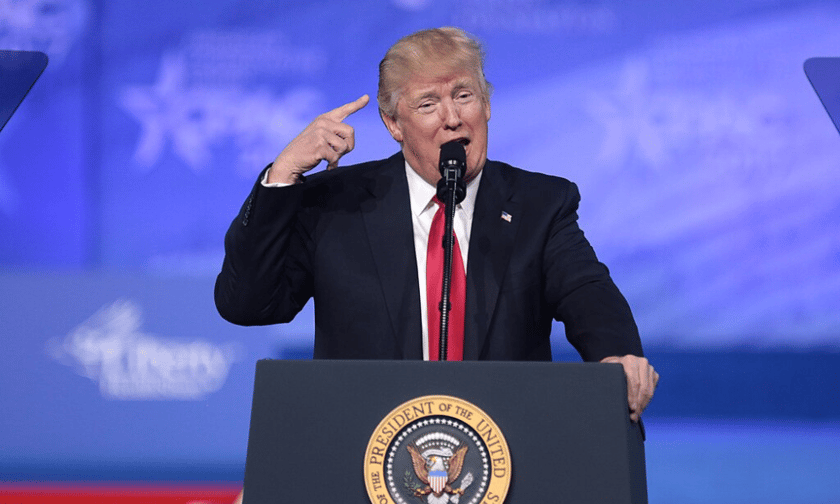

Among the names being bounced around as a potential running mate for former President Donald Trump’s re-election bid is Sen. Marco Rubio (R-Fla.). But what could a Trump-Rubio ticket mean for the insurance industry?
As a Republican, Rubio has generally favored deregulation and policies aimed at spurring economic growth. That means that under a Trump-Rubio administration, the insurance industry could see favorable changes in areas like tax policy, regulatory oversight, and consumer protections.
However, Rubio also represents a state where insurance costs have long been spiraling out of control – an issue he’s repeatedly railed against. In a Fox News interview last month, Rubio decried the rising cost of homeowners’ and auto insurance in the state.
“I happen to live in what I believe is the first – or after Honolulu, the most expensive community in America with regards to inflation, and one of the things that’s driving it now is auto insurance,” Rubio told Fox’s The Faulkner Focus.
The average annual auto insurance premium in Florida is nearly $4,000, according to a Florida Politics report.
“Part of it is driven by the fact that these companies don’t want to write policies here anymore,” Rubio told Florida radio station WFME. “The fewer companies you have writing policies, the fewer choices there are, the more expensive it gets.”
However, Rubio said Florida’s insurance woes weren’t necessarily Washington’s problem, according to Florida Politics.
“It doesn’t have an easy solution, other than figuring out ways to make Florida a more competitive state for property insurance,” he told WFME. “I’m not sure there’s a federal nexus to how to solve it. It really is a state-regulated market, but it is an issue on my radar, just as a Floridian and as someone who lives here.”
Rubio has introduced or backed several insurance-related bills in the Senate. In November, he, along with Florida Republican Rep. Scott Franklin, introduced a bill intended to help Florida growers access crop insurance. In 2022, he introduced legislation aimed at protecting National Flood Insurance Program policyholders from rate hikes.
